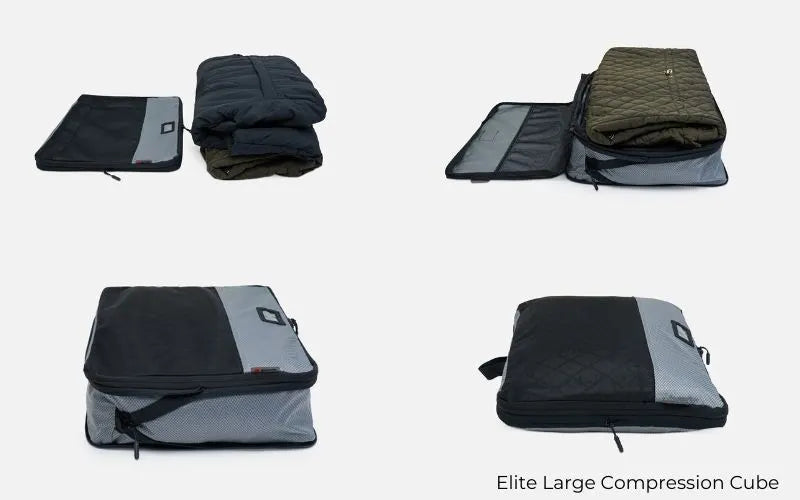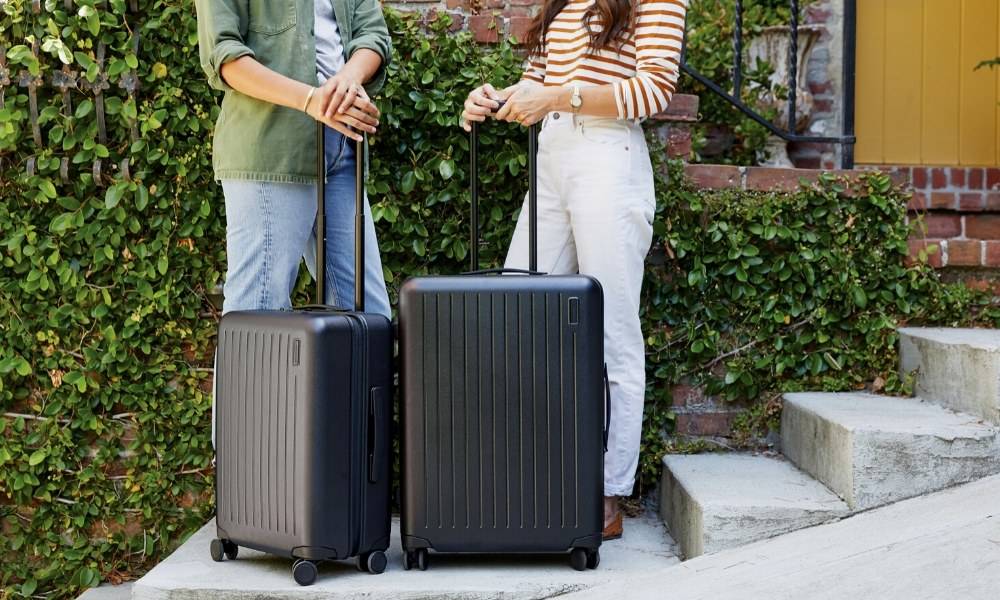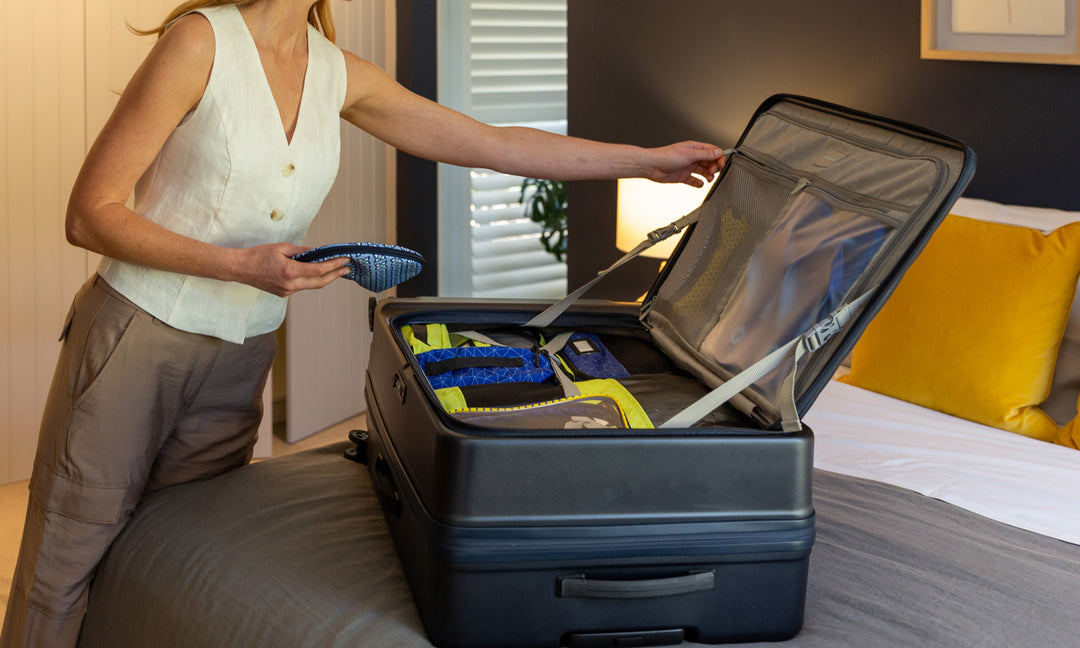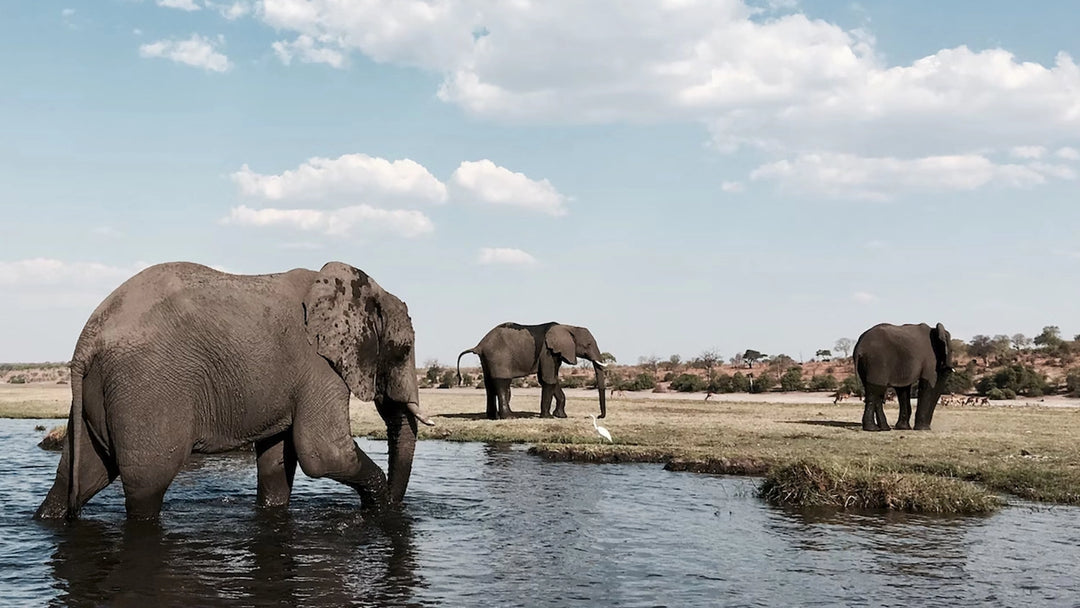What you need to know about Compression Packing Cubes
Every traveller knows that space in your suitcase is premium real estate. Going over your limited weight allowance or number of items can cost you a packet. And so, we squeeze and push and sit on our suitcase to try to cram it all in. Then along came packing cubes. They meant that all the effort squeezing and pushing was zipped shut into individual cubes and the struggle became manageable. But wait! There’s more. Enter compression cubes. They start just like packing cubes, but once you’ve zipped them shut there’s another zipper to squeeze them down even further. Here we take a look at Compression Packing Cubes and see what they can do to help you tame your packing.
Comparing types of cubes
What are packing cubes?
We’re probably preaching to the choir here, but just in case you don’t know: packing cubes are zippered bags to use within your suitcase or backpack that act like drawers when you’re travelling. They help you sort your belongings and are amazing at keeping you organised. You can use them living out of a suitcase or move them straight into hotel room drawers. They’re fantastic for caravans, cruise ship staterooms or overnight train cabins where you have a limited amount of space. By packing like items together it’s easier to find things. By rolling and folding your clothing then zipping them into the cubes you can save space as well.
What are compression packing cubes?
Compression packing cubes are similar to the above, but they provide extra compression through an additional zipper or straps. They’re particularly great when storing bulky items, like jumpers or jackets, and light clothing like shirts, shorts and dresses. Dense materials like denim will compress less. You’ll find you can compress your luggage around 30% using compression cubes, which is great for fitting more into your suitcase, downsizing from a large to a medium, or even going carry-on only.

How do compression cubes compare to vacuum bags?
Vacuum bags are great for around the house when you want to reduce the storage size of large, flexible items. You place your items in the bag, seal it up, then use a pump or vacuum to draw the air out of the bag. They’re often large size bags, which can be too big for travel, and may require you to bring a pump to properly use them. You’ll also need to release all the air to access items, then suck it back out to repack.
Vacuum bags only work as long as the seals are intact, meaning that after a few uses they can start to break down. Vacuum bags can be useful for sealing away the smells of dirty laundry between washes, but you may also find your clean clothes get wrinkled or smell musty if kept in vacuum bags.
Compression cubes still provide airflow, helping to avoid a musty smell. They’re easy to open and close, saving you time and effort on your travels.
Finding what is best for you
So, what’s the catch?
The thing to remember with compression packing cubes is that while they reduce the amount of space your clothing is taking up, they don’t reduce the weight. 20kg of clothing is still 20kg of clothing, just squeezed into a smaller space. Make sure you weigh your luggage before leaving home and bring a travel scale if you’re a big shopper, to ensure you don’t go over your baggage limits.
What makes the best compression packing cubes?
There are a few features to look for in compression packing cubes. Choosing the right cubes can mean the difference between an organised suitcase and a frustrating mess.
- Make sure they’re made from quality materials – particularly the zippers.
- Choose lightweight options – check the weights of your cubes, some come with multiple buckles to compress the air out, which can add to the weight.
- Be sure they have handles – packing and unpacking cubes from your suitcase is easier if they have handles. They’ll also make it easier if you want to use the cube as a stand-alone bag, such as taking it to a laundry or shower block if you’re camping, or using it as an impromptu carryon bag if your luggage is overweight.
- Pick sizes to suit the way you travel – you’ll lose the organisational function of packing cubes if you opt for all large cubes. Get a variety of sizes to suit your needs. If you’re a carryon only person go for small and medium compression cubes. If you’re headed to the snow, you’ll be needing large compression cubes.
Do these replace standard packing cubes?
That’s entirely up to you. Most people will find that a combination of standard packing cubes and compression packing cubes will be best for the way they travel. Each additional zipper on compression packing cubes adds a small amount of extra weight, so it’s worth weighing up what your needs are for each trip. If you’re backpacking and need to squeeze everything you own into one manageable backpack your focus will be different to a trip where porters will carry whatever you bring, or a road trip when you’ve got space for the kitchen sink.
The best luggage organisers save you time and effort. Your vacation time should be spent lounging by a pool, exploring a foreign country, or other activity that brings you joy. It shouldn’t be spent digging through a suitcase, tossing items left and right, only to find that you’ve miscounted and don’t have a clean shirt to put on. And what about saving you space as well as keeping you organised? That sounds like a dream holiday!






Thanks for your question, Jane. You can purchase our compression cubes individually via this product listing https://www.zoomlite.com.au/products/elite-compression-packing-cube Just click on the size you want (Large, Medium or Small) then choose the colour and add to cart.
Is it possible to buy the compression cubes separately? I would like a few more of the medium size, but do not wish to buy whole sets.
Leave a comment